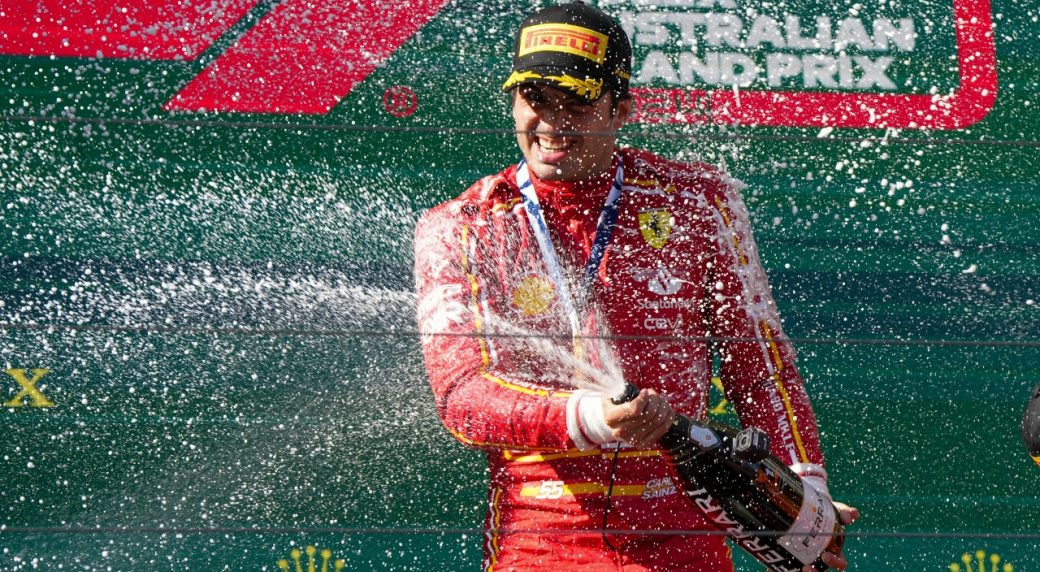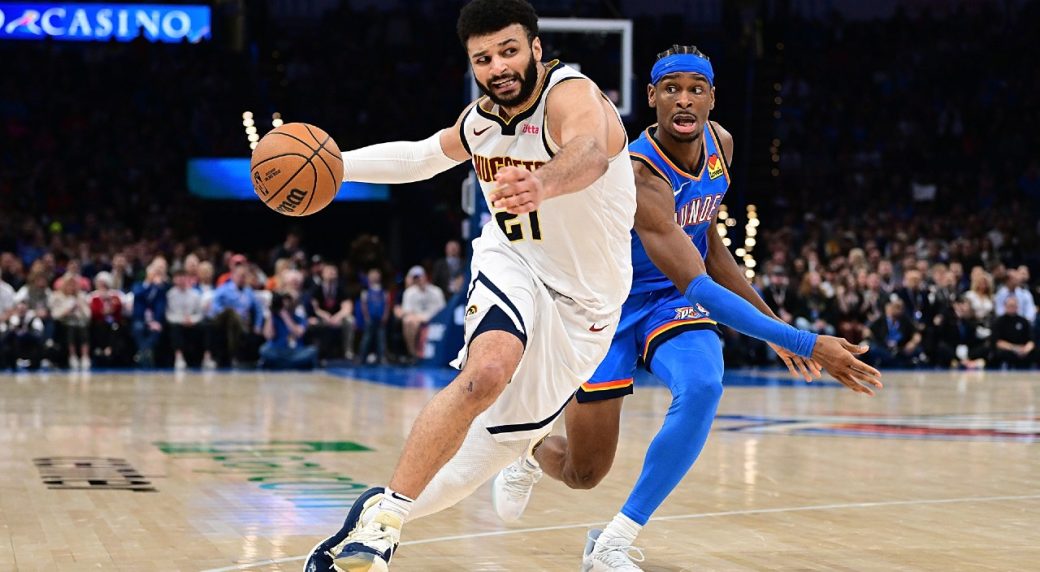Sophisticated Analysis of the 2024 Stanley Cup Playoffs
Sixteen games have already been played in the second round of the 2024 Stanley Cup playoffs, revealing intriguing trends and developments that have captivated fans and analysts alike. As we delve into the heart of the action, it becomes apparent that some patterns from Round 1 have continued to shape the landscape of the playoffs, while new storylines are also emerging at a rapid pace.
Jake Oettinger’s Rise to Prominence
A captivating subplot of this year’s postseason revolves around the performance of goaltenders who are striving to secure a spot on Team USA for the upcoming 4 Nations Face-Off in 2025 and the Winter Olympics in 2026. Noteworthy names like Thatcher Demko, Connor Hellebuyck, Jake Oettinger, and Jeremy Swayman have been making waves with their skills between the pipes, vying for the prestigious role of leading the American squad to potential glory.
Among these contenders, Jake Oettinger has particularly stood out, showcasing his prowess and determination in the playoffs. Oettinger’s impressive statistics, including a 2.12 goals-against average and a .923 save percentage, underscore his ability to provide stability and exceptional goaltending for the Dallas Stars. His stellar performance has played a pivotal role in propelling the Stars to the brink of the Western Conference finals, a testament to his reliability and composure in high-stakes situations.
While other contenders like Demko, Hellebuyck, and Swayman offer formidable competition, Oettinger’s consistent excellence in the postseason is bolstering his case for a spot on Team USA and potentially the starting goalie position. With the stakes escalating and the competition heating up, Oettinger’s standout displays highlight the critical role of goaltending prowess in shaping the outcome of elite-level tournaments.
The Enigmatic Presence of Sam Bennett
Sam Bennett’s impact on the Florida Panthers-Boston Bruins series has been nothing short of electrifying, as the forward has emerged as a polarizing figure with his dynamic play and controversial moments on the ice. Bennett’s one goal, one assist, and headline-grabbing hit on Brad Marchand have added a layer of intensity and intrigue to the playoff matchup, sparking debates and fueling the competitive fire between the two teams.
The passionate reactions from fans and the palpable tension surrounding Bennett’s contributions raise compelling questions about the role of agitators and game-changers in playoff scenarios. Will Bennett’s disruptive tactics galvanize the Bruins to mount a dramatic comeback and overcome their series deficit, or will his provocations only embolden the Panthers to maintain their stronghold on the contest? The unpredictability and drama surrounding Bennett epitomize the unpredictable nature of playoff hockey, where individual players can shape narratives and influence outcomes through their actions.
The Perplexing Phenomenon of Leads in the Western Conference
One of the striking trends observed in the Western Conference semifinals is the fragility of leads, as teams struggle to maintain their advantage and face relentless comebacks from their opponents. From the Dallas Stars’ rollercoaster battles with the Colorado Avalanche to the Edmonton Oilers’ seesaw matchups against the Vancouver Canucks, no lead seems safe or insurmountable in the intense playoff environment.
The inability of Western Conference teams to hold onto leads underscores the competitive parity and resilience of all four squads, each capable of mounting impressive comebacks and shifting momentum in their favor. Factors such as mental fortitude, offensive firepower, and strategic adjustments play a crucial role in determining the outcome of games, as illustrated by the back-and-forth nature of the contests in the conference semifinals. Coaches and players alike are tasked with navigating the delicate balance between seizing opportunities and withstanding pressure in a high-stakes postseason setting.
Strategic Philosophies in Playoff Roster Construction
The contrasting approaches of the New York Rangers and the Carolina Hurricanes in roster construction and trade deadline strategies offer a fascinating case study in team-building philosophies and playoff success. While the Rangers opted for depth and cohesion by adding role players like Alex Wennberg and Jack Roslovic to support their core, the Hurricanes pursued blockbuster acquisitions in pursuit of immediate impact, culminating in the acquisition of Jake Guentzel.
The divergent outcomes of these strategies highlight the nuanced dynamics at play in playoff success, where bold moves and calculated risks can either propel a team to greatness or expose vulnerabilities. The importance of team chemistry, resilience, and consistency in performance emerges as fundamental factors that transcend individual talent and star power, reshaping the narrative of postseason competitiveness and strategic decision-making.
Uncertainties in the Oilers’ Goaltending Situation
The Edmonton Oilers face a pivotal decision regarding their goaltending situation, with Stuart Skinner’s erratic playoff performances raising questions about the team’s long-term stability in net. As Skinner’s struggles and inconsistencies persist, head coach Kris Knoblauch confronts the challenge of selecting the right goalie to steer the Oilers through the playoffs and into the future.
The looming specter of impending free agency, salary considerations, and roster dynamics further complicates the Oilers’ goaltending dilemma, as they grapple with the pressing need to secure a reliable and effective presence between the pipes. The convergence of short-term priorities and long-range planning underscores the complexities of roster management in the NHL, where each decision carries profound implications for the team’s competitive prospects and financial sustainability.
Evaluating Edmonton’s Playoff Potential and Offensive Dynamics
While the Oilers boast a potent offensive arsenal led by superstars Leon Draisaitl and Connor McDavid, questions persist about their ability to generate consistent scoring at even strength and overcome robust penalty kills in the playoffs. The reliance on the power play as a primary source of goals raises concerns about Edmonton’s offensive depth and versatility, especially when facing formidable opponents who can neutralize their special teams advantage.
The need for balanced scoring production and diversified offensive strategies becomes increasingly pronounced in the pressure-cooker environment of the postseason, where teams must adapt and evolve to navigate challenges and exploit weaknesses. As the Oilers seek to advance through the playoffs and contend for a championship, their ability to translate power play success into sustained offensive output at even strength will be a determining factor in their postseason fate.
Image/Photo credit: source url





